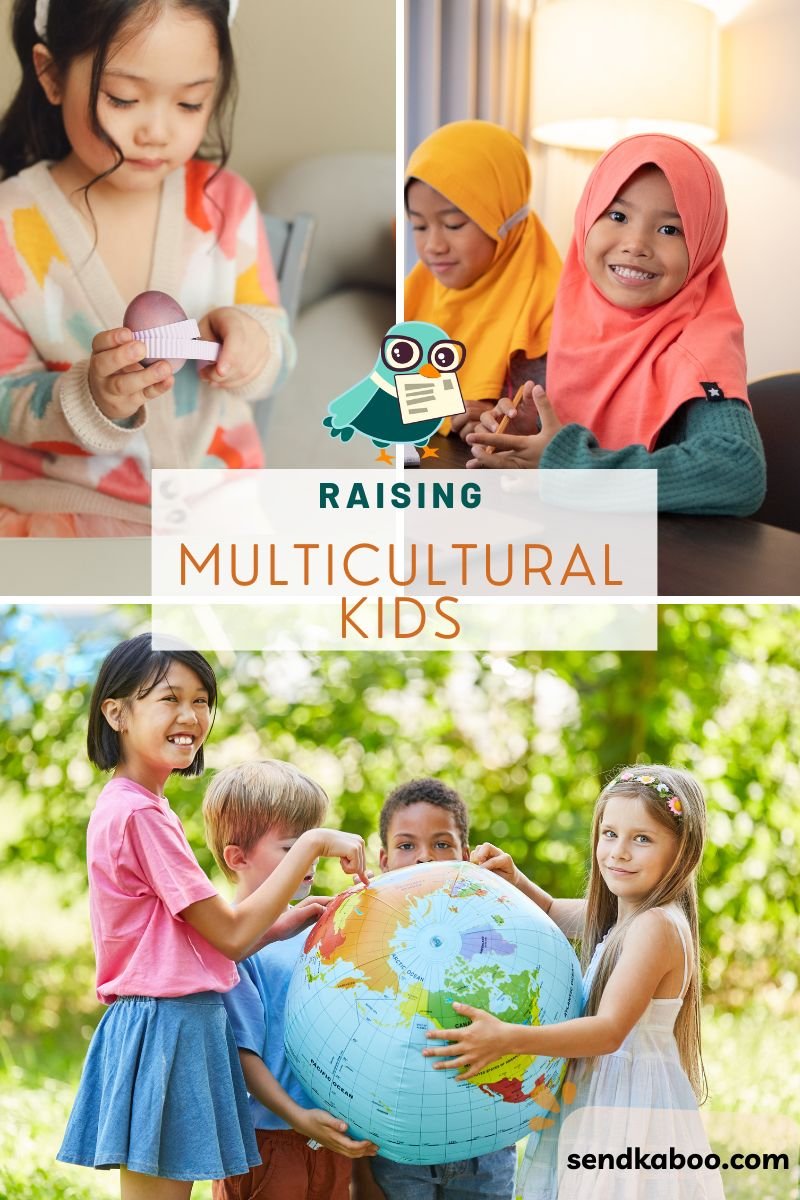Here and There, and Everywhere – The Challenges and Joys of Multicultural Identity
Belonging to two cultures, whether through heritage, upbringing, or experience, can be a rich and rewarding experience. However, it also comes with its unique set of challenges. In this article, we’ll explore the joys and challenges of multicultural identity. There is a beauty that comes with embracing multiple cultures while navigating the complexities that come with it.
The Joys of Multicultural Identity
Cultural Richness: Belonging to two cultures means having access to a wealth of traditions, languages, cuisines, and customs. Children raised multicultural are curious about the world around them and have more exposure to diversity in their lives. This cultural richness can provide a deep sense of pride and connection to one’s heritage.
Expanded Worldview: Multicultural raised children often have a broader perspective on the world, as they are exposed to different ways of thinking, living, and being. This expanded worldview can lead to greater empathy, understanding, and appreciation for diversity.
Adaptability: Navigating multiple cultures requires adaptability and flexibility. These are skills that can be valuable in various aspects of life. Those raised in multicultural families often excel in cross-cultural communication and are adept at navigating diverse environments.
Sense of Belonging: While belonging to two cultures can come with challenges, it can also provide a strong sense of belonging. Multicultural individuals often find kinship with others who share similar experiences, forming tight-knit communities based on shared heritage and understanding.
The Challenges of Multicultural Identity
Identity Confusion: Multicultural individuals may struggle with questions of identity, feeling torn between two cultures or unsure of where they belong. This can lead to feelings of alienation, or a sense of not fitting in with the same ease as others they may meet.
Cultural Conflict: Belonging to two or more cultures can sometimes lead to cultural conflict, especially when values, beliefs, or customs from one culture clash with those of another. Extreme or puritanical views can be isolating. This can create internal tension and external challenges in navigating social interactions.
Pressure to Assimilate: In some cases, multicultural individuals may feel pressure to assimilate to one culture over the other. This leads to a loss of connection to their heritage and a sense of cultural disconnection from the culture they are less involved in.
External Perceptions: Multicultural individuals may also face external perceptions and stereotypes based on their cultural background. Misunderstandings and unqualified judgement can have the unfortunate effect of leaving both sides feelings of being misunderstood or judged based on cultural stereotypes.
Celebrating Multicultural Identity with Kaboo
Kaboo provides a creative platform for multicultural kids to celebrate their
custom greeting cards in our card gallery that reflect their unique cultural heritage.



